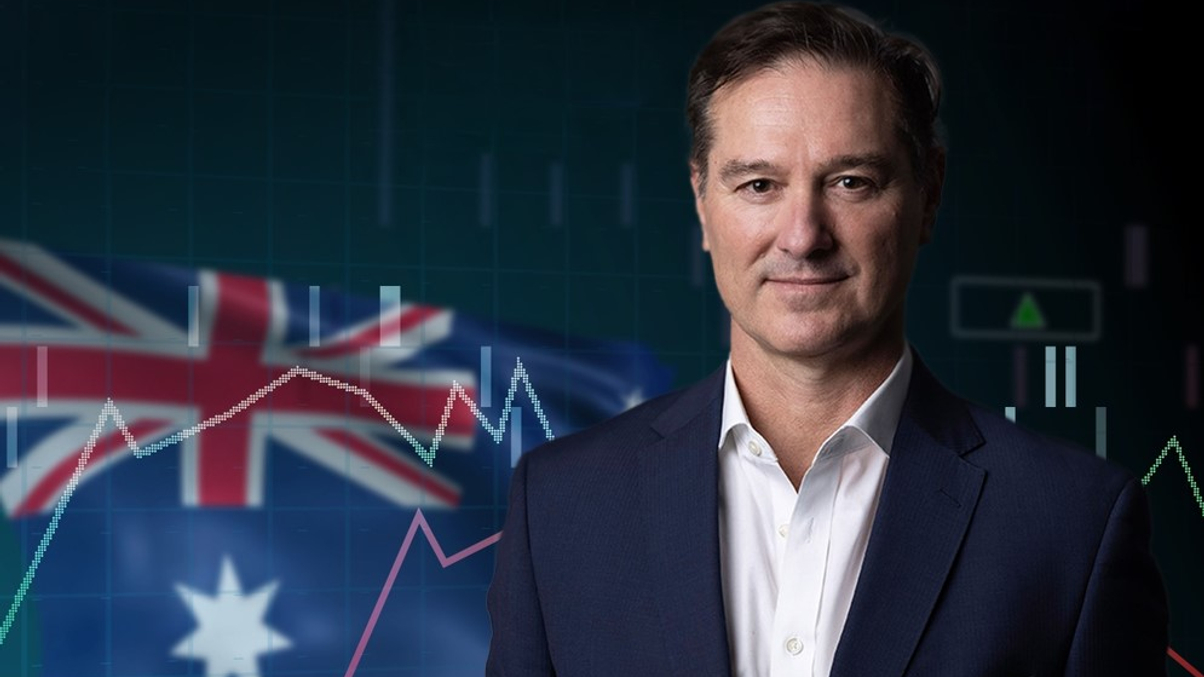Investor's Bookshelf: A chief economist's guide to Australia's ETF revolution
Over the last decade, exchange traded funds (ETFs) have transformed Australia's investment landscape. As these financial instruments multiplied, one economist stepped up to demystify them for the average investor.

In 2016, David Bassanese, currently the chief economist at Betashares, one of Australia’s leading ETF providers, took on an ambitious task: to demystify exchange traded funds (ETFs) for Australian investors.
Sign in to read on!
Registered users get 2 free articles in 30 days.
Subscribers have full unlimited access to AsianInvestor
Not signed up? New users get 2 free articles per month, plus a 7-day unlimited free trial.
¬ Haymarket Media Limited. All rights reserved.


